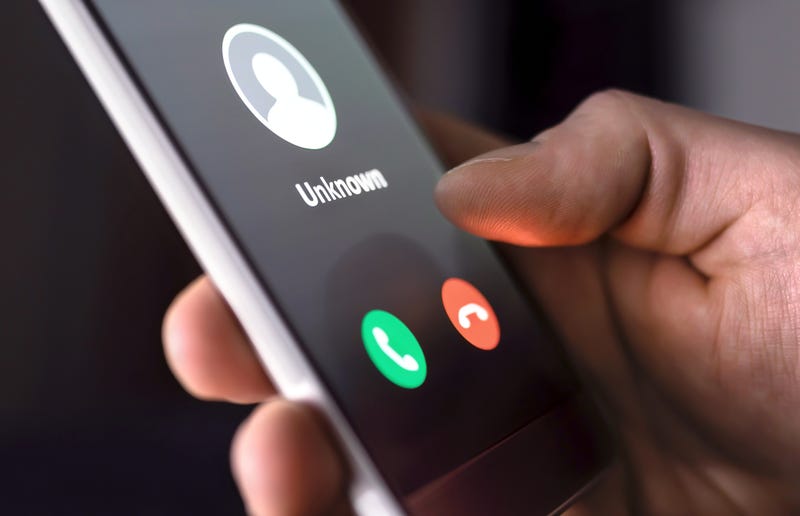
PHILADELPHIA (KYW Newsradio) — The IRS is warning people about a rise in cell phone scams. It’s all in an effort to steal people’s identities.
According to the IRS, the increase began in the fall of 2020 and continues to escalate. The agency said the scams are tied to personal information.
“(We're) finding from the FBI in 2020 there was $2 billion in internet crimes, rising to $6.9 billion in 2021. This is partly due to COVID-19 and the acceleration of digitalization, where everyone had to move online for services,” said James Quaid, CEO of Go Talk Wireless, a cell phone carrier that touts more robust privacy and security.
“The amount of information that has become available on individuals in the dark web through data breaches is incredibly dangerous for us consumers.”
He said many cybercriminals breach security systems by tricking carriers into transferring phone numbers onto new SIM cards, which then makes it easier for scammers to get sensitive personal information.
“Your SIM card goes dead and you think it’s a problem with your phone, but in the meantime, the fraudster has access to your phone number and gets passwords,” said Quaid.
“It allows criminals to impersonate people, make a profile on different individuals, (and) target them in stealing their identity.”
This allows the criminal to set up new recipients with banks, set up cryptocurrency accounts, and drain existing accounts.
In 2021, SIM swap fraud cases cost American consumers over $100 million.
He said people could protect themselves by using mobile providers that take more significant security measures to keep unauthorized people from transferring their numbers.
The IRS also suggests protecting personal data and avoiding downloading links or attachments from unsolicited suspicious emails and texts, particularly phishing scams. They should also become aware of what a scam phone call sounds like.
They also suggest not oversharing personal information like Social Security numbers, birth dates, addresses and financial information, using private networks when connecting to Wi-Fi, and using anti-virus protections and other security software.

